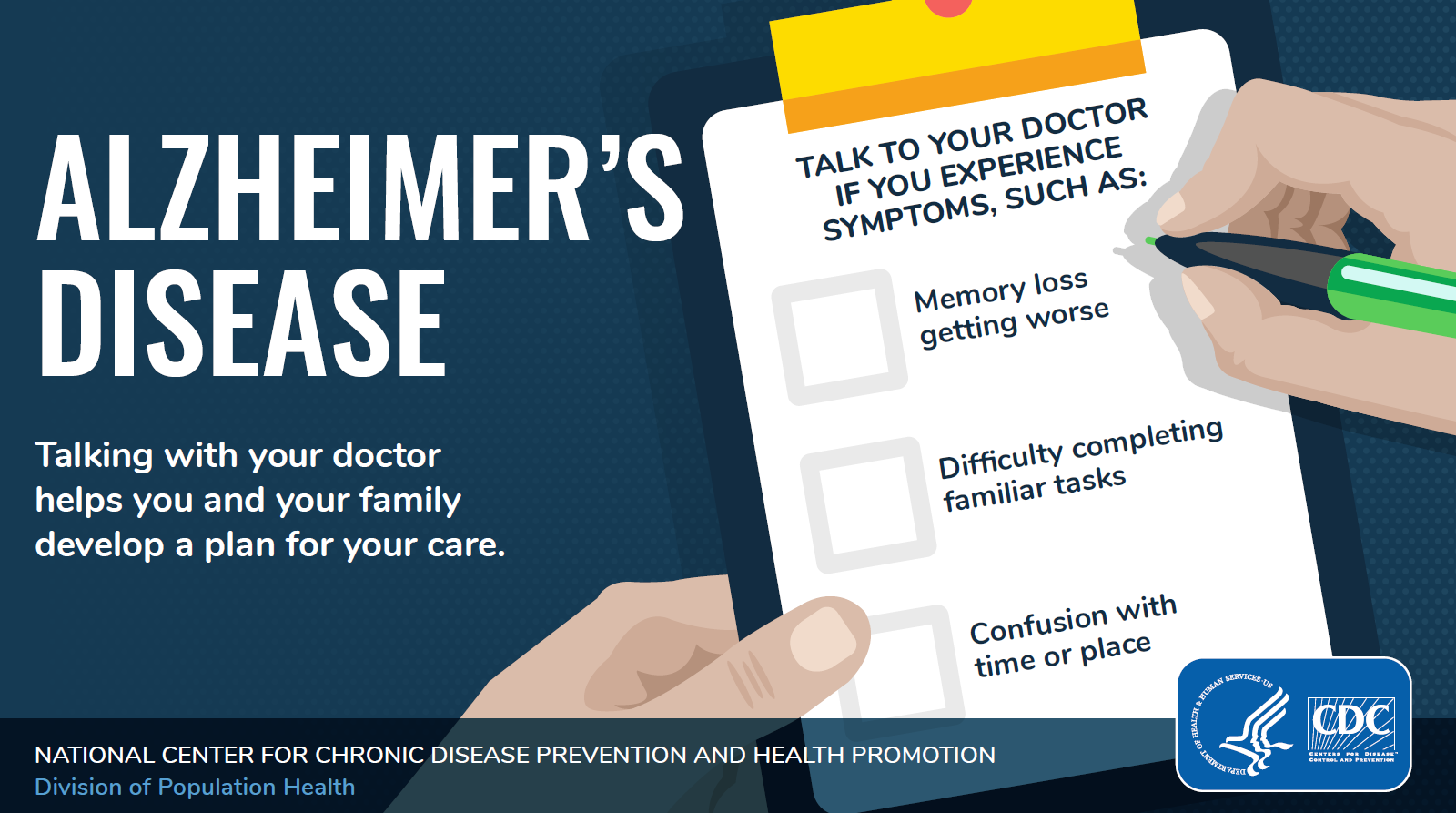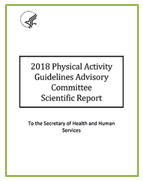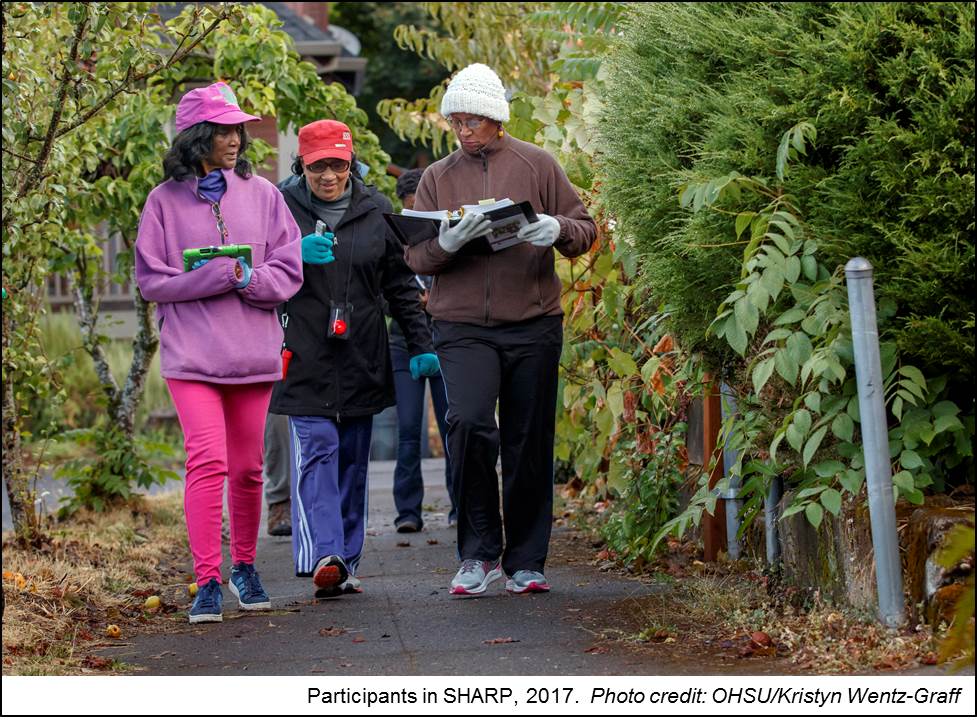May 2018
Projection:
Caregiver Supports Lead to Medicaid Savings
 An economic microsimulation
projects an estimated $40 million could be saved over a 15-year period in
Minnesota if eligible dementia caregivers received a comprehensive set of
caregiver supports. This study, published in The Gerontologist earlier
this year, examined how the New York University Caregiver Intervention (NYUCI)
program could benefit community-based, Medicaid-eligible people with dementia
in Minnesota by helping caregivers keep the individual at home or in the
community longer and thus, delaying more expensive residential care. View the study
to learn more about the assumptions, methodology, and limitations of the
simulation. An economic microsimulation
projects an estimated $40 million could be saved over a 15-year period in
Minnesota if eligible dementia caregivers received a comprehensive set of
caregiver supports. This study, published in The Gerontologist earlier
this year, examined how the New York University Caregiver Intervention (NYUCI)
program could benefit community-based, Medicaid-eligible people with dementia
in Minnesota by helping caregivers keep the individual at home or in the
community longer and thus, delaying more expensive residential care. View the study
to learn more about the assumptions, methodology, and limitations of the
simulation.
The NYUCI program combines individual and family
counseling, support groups, and additional telephone consultations to
effectively support families caring for people living with dementia. Previous studies
of the NYUCI program have identified benefits to caregivers’ physical and
mental health as well as associated delays in institutional placement of the
care recipient.
Promoting evidence-informed programs like the NYUCI is one
way the public health community can implement the Healthy Brain Initiative Road
Map, a guidebook that calls on public health to help meet the needs of
caregivers for people with dementia. Jointly developed by the Alzheimer’s
Association and the Centers for Disease Control and Prevention (CDC), the Road
Map also offers actions that public health officials can take to promote brain
health and address cognitive impairment throughout their communities. Learn more.
May 17: “Family” Caregiving: The Frontline
of Dementia Care
 Nearly half of all caregivers who provide help to older adults do so
for someone living with Alzheimer’s or another dementia. Who are these
caregivers? What challenges do they face as Alzheimer’s progressively
undermines cognitive and physical function?
And, what can state public health agencies do to support both the
caregiver and the person living with dementia? Nearly half of all caregivers who provide help to older adults do so
for someone living with Alzheimer’s or another dementia. Who are these
caregivers? What challenges do they face as Alzheimer’s progressively
undermines cognitive and physical function?
And, what can state public health agencies do to support both the
caregiver and the person living with dementia?
Join the
Alzheimer’s Association on Thursday, May
17 from 2:00 to 3:00 pm ET for an interactive webinar on dementia caregiving
and ways state public health can support both populations. Please register
in advance.
The webinar
will offer insights from analyses of 2016 Behavioral
Risk Factor Surveillance System (BRFSS) Caregiver Module data from 19
states and the District of Columbia. Participants will learn about the New York
State Department of Health’s rationale and components of its Alzheimer’s
Disease Caregiver Support Initiative (ADCSI), a five-year, evidence-informed
initiative. Accomplishments from the first year of ADCSI will be discussed.
Be sure to register
online, mark your calendars for this national event for Older Americans Month,
and forward this message to any interested colleagues.
Now Available: 2016 BRFSS Caregiver Module
State Fact Sheets
 Fact sheets for each of the 20 states and territories that ran the
Caregiver Module in the 2016 Behavioral
Risk Factor Surveillance System (BRFSS) survey are now available at alz.org/publichealth. Surveillance
collected routinely through BRFSS provide state-specific data that help observe
health trends and direct public health action. Fact sheets for each of the 20 states and territories that ran the
Caregiver Module in the 2016 Behavioral
Risk Factor Surveillance System (BRFSS) survey are now available at alz.org/publichealth. Surveillance
collected routinely through BRFSS provide state-specific data that help observe
health trends and direct public health action.
The
Caregiver Module asks questions about a care recipient’s health problems, the length
and intensity of caregiving, and caregiving responsibilities. Data from the
2016 survey indicate that dementia caregiving is often long, intense, and
intimate.
Each fact sheet has state-specific data on dementia caregiving, including how
many caregivers assist with household activities and/or provide personal care
to a person living with dementia as well as gender and age breakdowns of the
caregivers themselves. View fact sheets
for 2016, 2015, and earlier years.
Resources to Encourage
Dementia-Prepared Communities
As more and more communities work to become
dementia-capable and dementia-prepared, public health practitioners can utilize
several new resources to enhance healthy aging, promote early detection and
diagnosis of dementia, encourage advance planning, and help ensure safe transit
among people with dementia.
 Healthy Aging: From the
Administration for Community Living, an updated set of Brain Health Resources
are available for public health users to educate older adults about healthy
aging, brain injury, and dementia. Resources include presentation slides,
educator guides, and handouts. Available for download. Healthy Aging: From the
Administration for Community Living, an updated set of Brain Health Resources
are available for public health users to educate older adults about healthy
aging, brain injury, and dementia. Resources include presentation slides,
educator guides, and handouts. Available for download.
 Talking to a Provider about
Cognitive Symptoms: From the CDC National Center for Chronic Disease
Prevention and Health Promotion, this infographic can be used to encourage
people to discuss cognitive concerns with a health care provider. Available for
download. Talking to a Provider about
Cognitive Symptoms: From the CDC National Center for Chronic Disease
Prevention and Health Promotion, this infographic can be used to encourage
people to discuss cognitive concerns with a health care provider. Available for
download.
 Developing Advance Plans:
From the National Institute on Aging, this infographic checklist helps
individuals develop advance care and financial plans before serious illness or
loss of cognitive ability. Available for download. Developing Advance Plans:
From the National Institute on Aging, this infographic checklist helps
individuals develop advance care and financial plans before serious illness or
loss of cognitive ability. Available for download.
 Transportation Toolkit:
From the National Aging and Disability Transportation Center, this toolkit
offers education and guidance on the unique transportation considerations people
with dementia and their caregivers face. Available for download. Transportation Toolkit:
From the National Aging and Disability Transportation Center, this toolkit
offers education and guidance on the unique transportation considerations people
with dementia and their caregivers face. Available for download.
Report to HHS:
Physical Activity Supports Brain Health
 Brain health has been added to the evidence base that informs the
U.S. Department of Health and Human Services’ Physical
Guidelines for Americans. The
Guidelines provide science-based
advice on how physical activity can promote health and reduce the risk of
chronic disease. The 2018 Advisory Committee’s scientific
report includes a chapter dedicated to brain
health, noting that there is compelling evidence connecting physical
activity to positive cognitive outcomes, including among older adults. The
second edition of the Guidelines is
anticipated later this year. Brain health has been added to the evidence base that informs the
U.S. Department of Health and Human Services’ Physical
Guidelines for Americans. The
Guidelines provide science-based
advice on how physical activity can promote health and reduce the risk of
chronic disease. The 2018 Advisory Committee’s scientific
report includes a chapter dedicated to brain
health, noting that there is compelling evidence connecting physical
activity to positive cognitive outcomes, including among older adults. The
second edition of the Guidelines is
anticipated later this year.
ROAD MAP ACTION ITEM E-04
Coordinate
national and state efforts to disseminate evidence-based messages about
risk reduction for preserving cognitive health. |
Incorporating brain health messages into existing health and physical
activity campaigns is one way public health officials can promote cognitive
health and potentially reduce the risk for cognitive impairment. To help
support this action recommended by the Healthy Brain Initiative Road
Map, public health practitioners can utilize these
readymade, evidence-based messages across a variety of common health
promotion and health education topics.
Researcher Spotlight: Social, Physical Activity Promotion Among Black Americans
 This edition of Alzheimer’s Public Health News features
insightful work coming from the Healthy Brain Research Network (HBRN). Created
by the Centers for Disease Control and Prevention (CDC) to further advance
the Healthy Brain Initiative, the HBRN is a thematic public health research
network that comprises the collaborative strengths, expertise and diversity of
its core academic institutions and community and public health
partnerships. Learn more about
the HBRN. This edition of Alzheimer’s Public Health News features
insightful work coming from the Healthy Brain Research Network (HBRN). Created
by the Centers for Disease Control and Prevention (CDC) to further advance
the Healthy Brain Initiative, the HBRN is a thematic public health research
network that comprises the collaborative strengths, expertise and diversity of
its core academic institutions and community and public health
partnerships. Learn more about
the HBRN.
Developed by
the Layton
Aging & Alzheimer’s Disease Center at Oregon
Healthy & Science University, the Sharing History through Active
Reminiscence and Photo-imagery (SHARP) program uses a culturally-celebratory
framework to motivate African Americans aged 55 and over to stay physically and
socially active for better brain health. SHARP also serves as a platform for
mentoring minorities in aging research.
 In 2017, 21
participants began the six-month SHARP intervention. In teams of three,
participants aimed to walk one-mile routes three times a week in Portland,
Oregon’s historically Black neighborhoods. Teams navigated themed routes (such
as political life, fashion, and school days) using the SHARP application on a
tablet device. Each route had three Memory Markers — GPS-triggered historical
neighborhood images with accompanying questions to prompt conversational
reminiscence among the team. These Memory Markers depict local Black landmarks
like the Billy Webb Elks Club, the Cotton Club, and Dawson Park where a 1963
NAACP march for Medgar Evers launched. Markers also include businesses and
services like Maxey’s Barbershop and the Urban League as well as everyday
people’s homes. Discussions of the teams’
memories were recorded for an oral history archive and for integration into
community health resources. In 2017, 21
participants began the six-month SHARP intervention. In teams of three,
participants aimed to walk one-mile routes three times a week in Portland,
Oregon’s historically Black neighborhoods. Teams navigated themed routes (such
as political life, fashion, and school days) using the SHARP application on a
tablet device. Each route had three Memory Markers — GPS-triggered historical
neighborhood images with accompanying questions to prompt conversational
reminiscence among the team. These Memory Markers depict local Black landmarks
like the Billy Webb Elks Club, the Cotton Club, and Dawson Park where a 1963
NAACP march for Medgar Evers launched. Markers also include businesses and
services like Maxey’s Barbershop and the Urban League as well as everyday
people’s homes. Discussions of the teams’
memories were recorded for an oral history archive and for integration into
community health resources.
Last month,
18 participants completed the study. Cognitive assessment scores showed
improvement for half the study population, even among those experiencing mild
cognitive impairment. In addition, research interns were mentored by SHARP’s
lead, Raina Croff, PhD, edifying the public health workforce by learning about
the impact of gentrification on older African American health, factors
motivating participants, administering cognitive assessments, data analysis,
and building valuable community relationships.
SHARP is funded by an Alzheimer’s
Association Research Grant to Promote Diversity, the CDC Healthy Brain Research
Network, and the National Institute on Aging.
New Research Framework Focuses
on Biological Definition of Alzheimer’s
 Last month, the National Institute on Aging (NIA) and the
Alzheimer’s Association published a new research framework, for clinical use,
that defines Alzheimer’s disease through biological changes in the brain — such
as plaques and tangles — rather than through symptomatic issues like memory
loss. This new research
framework reflects the evolving view that Alzheimer’s occurs along a
continuum beginning with pre-symptomatic changes in the brain and continuing
through mild cognitive impairment and, eventually, dementia. Last month, the National Institute on Aging (NIA) and the
Alzheimer’s Association published a new research framework, for clinical use,
that defines Alzheimer’s disease through biological changes in the brain — such
as plaques and tangles — rather than through symptomatic issues like memory
loss. This new research
framework reflects the evolving view that Alzheimer’s occurs along a
continuum beginning with pre-symptomatic changes in the brain and continuing
through mild cognitive impairment and, eventually, dementia.
This proposed definition provides a shared definitional
framework allowing clinical trials to explore treatment before clinical
symptoms are even detectable. While prepared for the scientific research
community, developments stemming from use of this framework may lead to
identification of new effective modalities for prevention, diagnosis, and
treatment of Alzheimer’s. Learn more about the framework.
The Alzheimer’s Public Health E-News is supported
(in part) by Cooperative Agreement #5 NU58DP006115-03, funded by the Centers
for Disease Control and Prevention (CDC). Its contents are solely the
responsibility of the authors and do not necessarily represent the official
views of the Centers for Disease Control and Prevention or the Department of
Health and Human Services.
For
subscription services or to view previous issues of Alzheimer’s Public Health News, please visit http://alz.org/publichealth/public-health-news.asp
or contact John Shean (jshean@alz.org). 
|